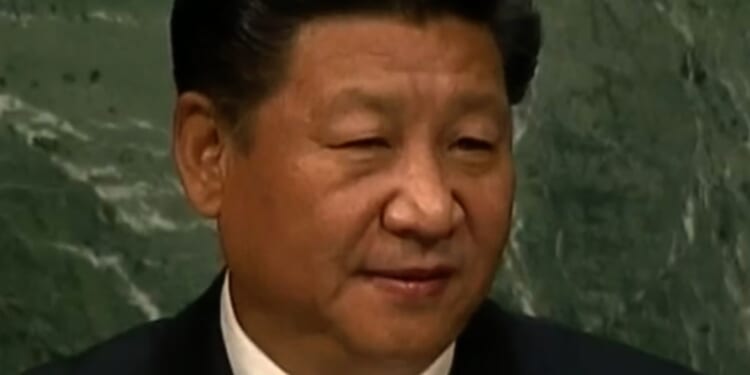Hal Brands explains why top Russian and Chinese leaders do not fear American President Donald Trump.
President Donald Trump relishes power — its relentless accumulation at home; its bold, assertive use abroad. For 10 months, he has aggressively wielded US power to renegotiate key relationships and cut through entrenched disputes.
Yet so far, this approach — an emerging “Trump Doctrine,” I called it in July — has mostly targeted the world’s weaker actors. Now, Trump has entered a period in which he’ll have to face down bigger challenges from stronger foes — and check some of his least productive instincts.
Trump endlessly derides his predecessors for squandering American strengths in unwise military interventions — and for being too timorous in using those strengths for economic and geopolitical advantage. His foreign policy has featured bare-knuckled methods aimed at friends and enemies alike. …
… Yet the reality is that Trump has gotten toughest with relatively weak actors, whether isolated outlaws like Venezuela and Iran, or allies that are strategically dependent on Washington. The real trial will be making American might effective against the recalcitrant great powers that aren’t much impressed by his swagger.
Trump pledged to end the Ukraine war in a day, but Vladimir Putin’s Russia has repeatedly made a mockery of this peace push. Putin dangles negotiations and then insists on maximalist terms for any settlement; he has intensified his military assault on Ukraine and his hybrid attacks — cyberwarfare, sabotage, airspace violations — on Europe. …
… Then there is China, which Trump initially tried to cow with tariffs, only to get smacked with retaliatory measures including severe export controls on rare-earth minerals. Having backed Trump down, Beijing believes it holds the high ground: Chinese negotiators have reportedly demanded far-reaching rollbacks of US technological curbs and tariffs as the price of a lasting trade truce.











